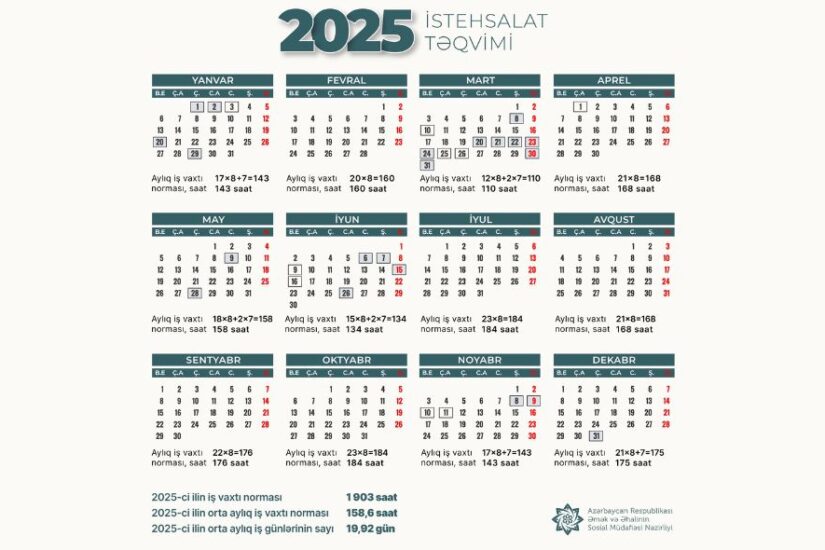A desk tax audit is a process where tax authorities examine tax declarations and other tax documents submitted by the taxpayer from their office, without a field audit. This process is regulated by Article 37 of the Tax Code, and its purpose is to identify discrepancies in the taxpayer’s declaration.
Desk audits typically cover the following:
- Accuracy of calculated tax
- Discrepancies between income and expenses
- Comparison with previous periods
- Request for additional information and documents
This type of audit is one of the primary and main control tools used by tax authorities.
Legal Regulation – Article 37 of the Tax Code
Desk tax audits are conducted in accordance with Article 37 of the Tax Code. The article states that: “The tax authority may check the submitted tax report and other documents to determine their compliance with the legislation”. This provision grants tax authorities the initial control function over taxpayers and ensures the right to conduct audits based on documents. From a legal perspective, this audit can be performed:
- Without prior warning
- At the tax authority, without visiting the taxpayer’s address
- Through electronic systems
Timeframes and Types of Desk Tax Audits
The following table shows the varying timeframes for desk tax audits:
| Audit Object | Audit Period |
|---|---|
| Profit and income tax declarations | 60 working days |
| VAT, simplified, and other declarations | 90 working days |
| Based on information from foreign sources | 30 working days |
These timeframes are important for protecting the taxpayer’s rights and ensuring the timely completion of the audit.
Additional Document and Explanation Request Process
ƏIf the tax authority finds discrepancies in the submitted tax declaration, it may request additional documents and explanations from the taxpayer. This process is carried out as follows:
- The tax authority sends a notification via official letter or an electronic system.
- The taxpayer is given a period of 5 business days.
- If additional documents are not submitted, calculations are made based on the tax authority’s existing information.
At this stage, legal and technical support from SGF Consulting specialists is very important.
Legal Support during Desk Tax Audits with SGF Consulting
SGF Consulting provides the following services to taxpayers during desk tax audits:
- Preparation for the audit
- Proper preparation of additional documents
- Providing explanations in accordance with tax law
- Drafting legal objections to decisions made
These services are crucial for protection against potential sanctions during the audit and for ensuring the legal compliance of the procedure. Kaynaklar
Major Differences Between Desk and Field Tax Audits
The table below highlights the key differences between the two audit types:
| Feature | Desk Audit | Field Audit |
|---|---|---|
| Location | Tax authority (in-office) | Taxpayer’s enterprise |
| Main Document Basis | Electronic declarations | Primary documents, contracts, cash documents |
| Physical Presence | No | Yes |
| Risk Level | Medium and low-risk profile | High risk and suspicious activities |
| Legal Term | 30/60/90 business days | 30 business days, with possible extension |
| Resource Demand | Low | High |
| Sanction Risk | Relatively low | High, sometimes may result in criminal liability |
Measures Applicable as a Result of a Desk Tax Audit
If a desk tax audit reveals legal violations or discrepancies in the tax declaration and other documents, the following measures may be applied based on the Tax Code:
- Calculation of additional tax amounts – According to Article 38.1 of the Tax Code, incorrectly calculated or concealed tax amounts are additionally accounted for.
- Application of penalties and interest – Based on Articles 59 and 60, penalties and interest are applied for taxes not paid on time.
- Request for explanations from the taxpayer – The tax authority may request written or electronic explanations based on Article 65.
- Decision to conduct a field audit – If the discrepancy is serious, a field tax audit may be assigned based on Article 38.4.
Therefore, the accurate preparation of tax declarations, completeness of accounting documents, and obtaining legal advice are important and necessary at the initial stage.
Objection Procedure and Rights for Desk Tax Audits
If a taxpayer disagrees with the results of a desk tax audit, they can exercise the following rights:
- Initial objection – According to Article 74.1 of the Tax Code, a written objection to the tax authority’s decision can be submitted within 10 business days.
- Complaint to the Appeals Council – If the initial objection is not satisfied, there is a right to appeal to the Appeals Council within 15 business days, based on Article 74.2 of the Tax Code.
- Appeal to the administrative court – According to the “Administrative Procedure Code,” the taxpayer can file a complaint with the court against the decision within 30 days.
- Professional legal representation – Legal support is provided by SGF Consulting’s lawyers for drafting objections and defending rights.
Recommendations for Small and Medium Enterprises (SMEs)
To reduce potential risks and ensure legal security during desk tax audits, Small and Medium Enterprises (SMEs) should follow these recommendations:
- Submit tax declarations on time and accurately. According to Articles 150 and 151 of the Tax Code, taxpayers must submit their declarations within the specified periods after the end of the relevant reporting period. Delays or incorrect submissions can lead to financial penalties.
- Comply with accounting and documentation rules. SMEs must prepare and maintain all income, expense, and transaction documents in accordance with the “Law on Accounting” and Article 9 of the Tax Code. These documents form the main evidentiary basis during an audit.
- Be prepared for tax audits with legal advice. Collaboration with specialized lawyers and tax consultants is crucial to identify potential risks in desk audits in a timely manner and provide correct explanations. SGF Consulting specializes in managing legal and tax risks for SMEs in this area.
- Properly use electronic declarations and digital systems. Accurate and timely submission of electronic tax declarations, as well as effective management of digital communication with the tax authority, ensures transparency and legal compliance during audits.
- Utilize internal audit and self-assessment procedures. Periodically conducting internal tax audits within the enterprise prevents surprise risks during desk audits.
The Importance and Role of the E-declaration System
The electronic declaration system allows taxpayers to:
- Minimize time loss.
- Prevent errors.
- Respond to audits more easily.
The e-declaration system also ensures the automation of desk tax audits. Kaynaklar
Frequently Asked Questions about Desk Tax Audits
According to Article 37 of the Tax Code, a desk tax audit is completed within 30 days based on the submitted declaration. If additional documents and explanations are required, the period can be extended up to 15 days.
Typical documents include:
– Tax declarations
– Contracts
– Purchase and sale acts
– Electronic invoices
– Bank statements
– Payroll and other financial documents
No. A desk tax audit is conducted at the tax authority’s office, based on documents, at a desk. Unlike a field audit, it does not require physical relocation.
Yes. According to Article 74 of the Tax Code, you can submit an initial objection within 10 business days. If it is not satisfied, you can appeal to the Appeals Council and then to administrative court instances.
If serious and systematic discrepancies are found during a desk tax audit, the tax authority may decide to conduct a field audit based on Article 38.4 of the Tax Code.
SGF Consulting provides legal support in the following areas:
– Preparation of documents to be submitted during the audit
– Providing explanations in accordance with tax law
– Legal drafting of objection procedures and representation in court
Conclusion
A desk tax audit is a primary and legal control mechanism conducted by tax authorities based on submitted documents. In this process, it is crucial for the taxpayer to possess legal knowledge and demonstrate transparency and accuracy in documentation. It is important to remember that violating tax law can lead to not only financial but also legal consequences. Therefore, legal consulting and professional support are essential.
SGF Consulting – Your Partner in Desk Tax Audits
If you are facing a desk tax audit, the right legal stance and professional approach will save you time and reduce risks. SGF Consulting provides the following services with its specialized legal and tax experts in this field:
- Preparation for tax audits and document drafting
- Submission of legal explanations to the tax authority
- Drafting objection applications and representation in the Appeals/Court stage











